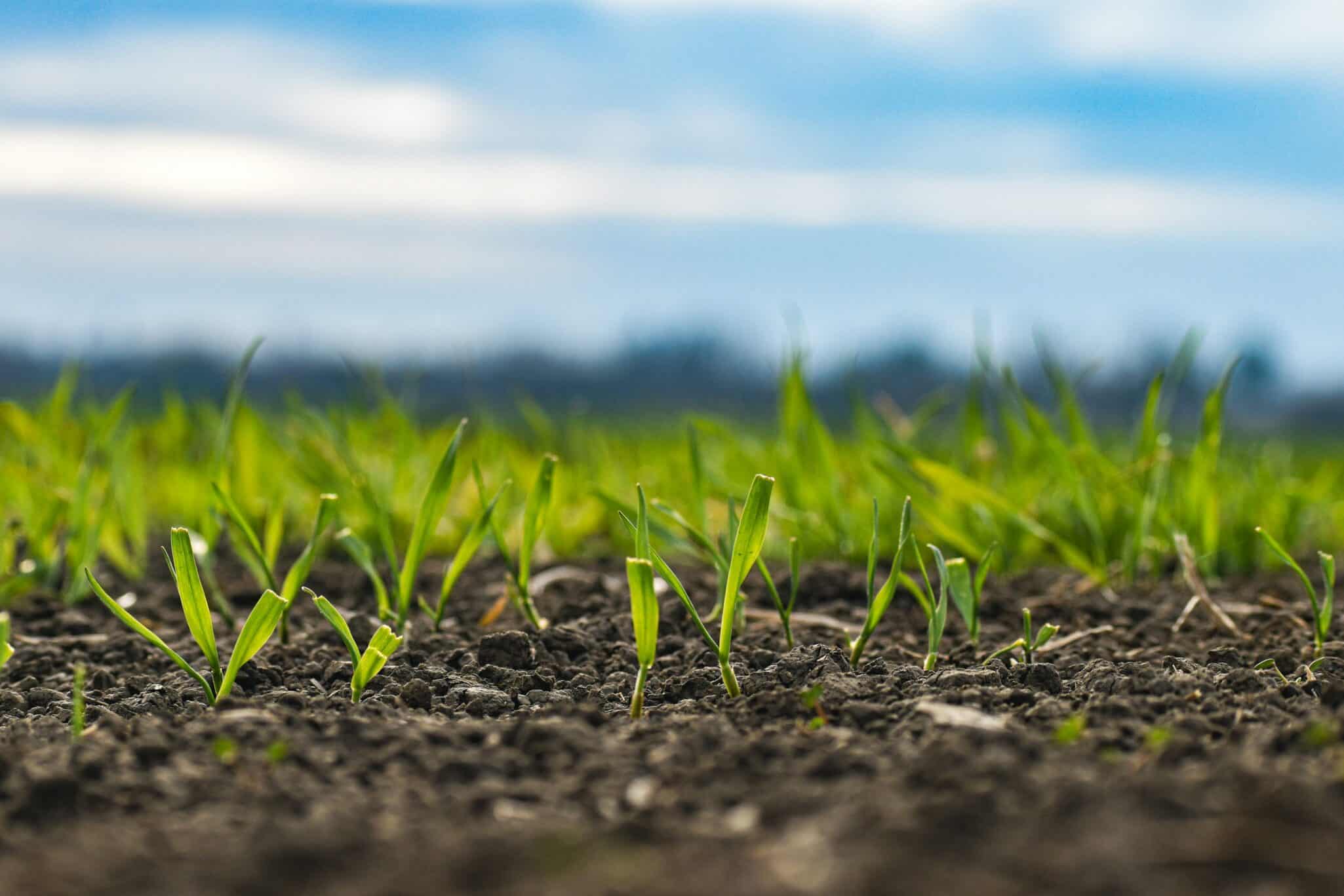Key Takeaways
- Bain & Company latest report highlights global agrifood systems require $1.1 trillion annually to achieve climate-aligned transformation, yet current funding reaches only 5% of this target.
- Most private capital is concentrated in Europe and North America, while underfunded regions include Asia Pacific, Africa, and Latin America.
- A new report proposes three financing models: direct farmer lending, corporate-led financing, and multi-stakeholder platforms.
- Examples like Aceli Africa and IFACC illustrate collaborative finance approaches using public, private, and philanthropic capital.
- The report emphasizes customized financial strategies, de-risking tools, and cross-sector collaboration to unlock scalable investments.
Bain & Company's Report Highlights Investment Shortfall in Sustainable Agrifood Systems
A joint report released by Bain & Company and the World Economic Forum calls attention to the significant financing gap in global agrifood systems, which need an estimated $1.1 trillion annually over the next five years to shift toward sustainable and resilient production. Currently, only 5% of that amount is being invested each year, leaving critical regions underserved.
While most private investments remain focused on Europe and North America, the regions with the greatest need—Asia Pacific, Africa, and Latin America—continue to experience limited capital access for food system transformation.
Barriers and Opportunities
The report outlines several challenges deterring investment, including:
- Uncertainty around financial returns
- Fragmented production systems
- Limited impact measurement standards
- Weak coordination across value chains
Despite these obstacles, the authors argue that food system transformation represents not only a climate imperative but also a commercial opportunity. According to Iwona Steclik, partner at Bain & Company, “Investing in food systems also allows financiers to adhere to increasingly stringent portfolio sustainability regulations and to deliver on critical stakeholder commitments.”
Financing Models for Systemic Change
To overcome current barriers, the report categorizes three primary financing models:
- Direct farmer financing – providing capital at the farm level.
- Lending via corporates – leveraging agribusinesses as intermediaries.
- Multi-stakeholder platforms – aligning actors across the value chain.
These models are supported by de-risking strategies, ranging from guarantees to outcome-based financing, and reflect the diversity of food systems across geographies and commodities.
Notable initiatives mentioned include:
- Aceli Africa
- Project Acorn
- McCain’s regenerative agriculture program
- IFACC (Innovative Finance for the Amazon, Cerrado, and Chaco)
Bain & Company's Report Calls to Action for Financiers
The report recommends that financial institutions take the following steps to enable scaled investment:
- Establish dedicated targets for agrifood system transformation.
- Form strategic partnerships with stakeholders across the food value chain.
- Implement innovative financing mechanisms with demand-side de-risking.
- Develop capabilities to analyze emerging datasets and monitor climate impact.
- Ensure leadership support for long-term capital alignment.
Christian Graf, partner at Bain & Company, noted that scaling investment requires alignment with institutional priorities, portfolio goals, and risk appetites. The report concludes that customized, coordinated financial strategies are essential to delivering sustainable outcomes across the global food system.
Read the entire report here.


